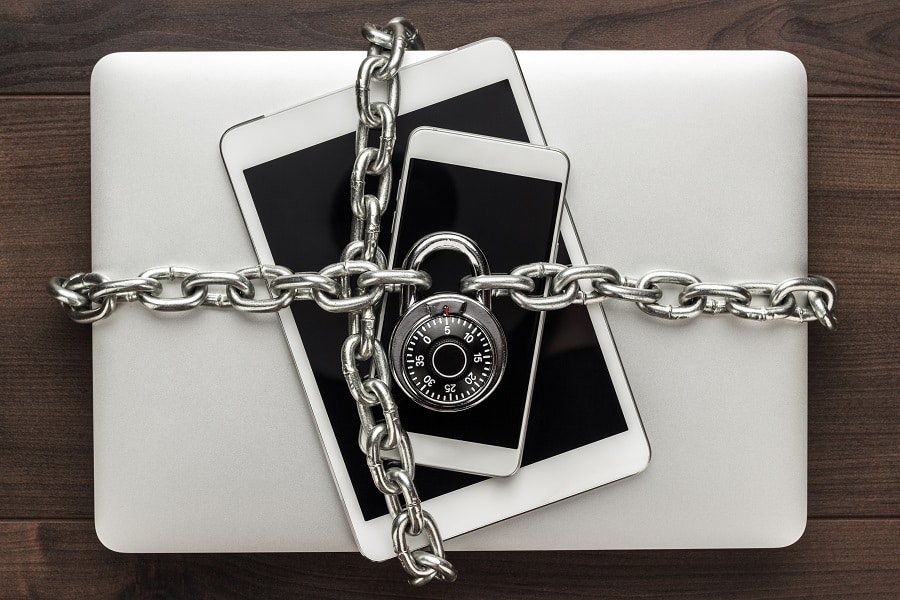There was a time when technology had been used only by the working-class people in corporate offices, but today it has been used widely by five-year-old kids and senior citizens. With the ongoing pandemic, school kids, adults, and senior citizens heavily rely on technology to reduce boredom and attend lectures online. Using laptops and tablets has become a piece of breathing equipment to survive in the 21st Century. Technology has many advantages, but overuse of it can hurt your eyes, affecting the brain. Statistics indicate that an average American adult spends 6 hours and 34 minutes a day, and the figures have been increasing.
Contents
How Technology Hurts Your Eyes?
Many individuals use devices like laptops, computers, tablets, and smartphones from the time they wake up and from the time they go to sleep. Gazing at digital screens can cause wide-scale side effects on your eyes. An electronic or digital screen emits blue light that can penetrate deep inside your eyes. Your retina’s photosensitive area has a higher penetration capability than other colors of light. When there is a continuous blue light exposure on the retina, the photosensitive area might get damaged.
What Happens When The Light-Sensitive Cells Are Damaged?

When the light-sensitive cells get damaged, there is a possibility of you getting blind. Since many cells get destroyed, the eyes’ perception can be affected by blurred vision, and high sensitivity is more prominent. Common side-effects of prolonged exposure to technology are eye strain, causing headaches and migraines, loss of focusing ability, blurred vision, and photophobia. Your eyes can get dry and itchy, causing a burning sensation. Furthermore, your eye starts blinking relatively lesser. The relation between the eyes and their blinking is analogous to moisture and skin. When you blink, your eyes are covered by a coat of tears, keeping it hydrated and preventing it from getting dry. This mechanism keeps your eyes lubricated, thereby reducing the soreness of eye muscles. The reduced blinking is from the brain focusing on the screen so that the need for blinking is not as critical.
Can The Retina Get Damaged?

The retina center known as macular is highly vulnerable to the blue light emitted by the digital screen. Macular damage reduces the ability to see things ahead of you and the possibility of viewing out-of-focus images. Furthermore, color perception can change, and one can observe dark spots while perceiving the surroundings.
Disturbance In The Sleep Cycle Affecting Your Eyes

You might have noticed that viewing a digital screen can wear off your sleep completely. This is because the blue light emitted from the digital screen can trigger a hormone block called melatonin. Melatonin is a hormone that aids the body fall into sleep. Due to this, it takes a longer time to fall asleep and disrupts your sleep cycle. Apart from this, you tend to sleep less as there is an imbalance in sleep. Being deprived of sleep can cause a plethora of problems to your eyes like glaucoma and red eyes, along with frequent headaches.
Conclusion
Staring at screens is now a mandate, and despite having side-effects, the dependence on it is exceptionally high. You can reduce the damage caused to your eyes by using a blue shield and enabling yellow screen mode on your device. Furthermore, investing in computer spectacles (blocks blue light) can drastically reduce the consequences of technology’s constant use.



